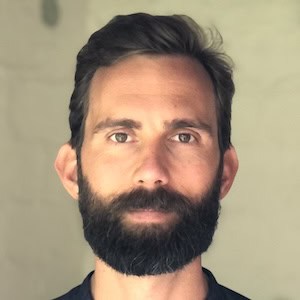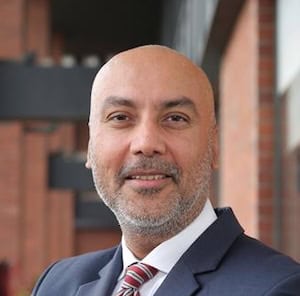-
A Solution to the Drama of Digital Finance
There are advantages to being a digital financial services provider, but also risks surrounding questions such as: Which business model should I choose? Should I develop my own digital platform or leverage someone else’s? Do I want to deploy my own network of agents? Will I partner with an MNO? That's why UNCDF’s MicroLead program, PHB Development and The MasterCard Foundation are working together to provide toolkits for FSPs.
- Categories
- Technology
-
Turning Cassava into Gold: Small Producer Taps into Big Demand in Kenya
The founder and managing director of Mhogo Foods in Kenya has found a niche processing cassava into gluten-free flour, starch and animal feed, and sees a bright future for Kenyan cassava farmers and processors like herself. “Cassava is a drought-resistant crop not very hard to care for in the farm," especially when compared to maize, she said. "That is why I process it.”
- Categories
- Agriculture
-
Social Business Roundup: My Ivory Tower or Yours? Will Cash-strapped Pensions Turn Back to ‘Sin Stocks’?
In the weekly roundup, the CEO of the School for Social Entrepreneurs (SSE) in London says universities shouldn’t teach social entrepreneurship because they aren’t accessible to all; namely, poor people who are often best positioned to help solve social problems in their own neighborhoods. But there's a flaw in his logic. And on Monday, CalPERS, the U.S.'s largest public pension fund, will meet to decide whether to end its 16-year-old policy of divesting from tobacco stocks. Is the tide starting to turn against ESG investments among public pension funds?
- Categories
- Education, Investing, Social Enterprise
- Tags
- ESG, impact investing
-
Next Up for Impact Investing: ‘Solve for Market Demand, Not Investor Preferences’
Pioneers in the impact investing field have always wanted to take the movement mainstream. Well, they're getting there. Attendees at the Global Impact Investing Network's Investor Forum 2016 in Amsterdam, when compared to the 2013 forum in London, included more fund managers, more wealthy family advisors and large foundations, more big money people. Now comes education for the bigger players eager to get involved.
- Categories
- Impact Assessment, Investing
-
Social Business Gets Trumped: Is it Time for the Sector to Get Political?
Like most of us, Jonathan Lewis has strong opinions about the election of Donald Trump. In this podcast interview, the serial social entrepreneur and passionate advocate for the sector shares his frank views of the incoming administration, and why Trump's victory shows that social business has been "smug and remiss" in underplaying the impact of government. "The simple fact of the matter is: Government is scale," he says – so social business can no longer afford to be apolitical.
- Categories
- Social Enterprise
- Tags
- public policy
-
Unlocking Human Potential: How Psychometric Scoring Can Turbocharge Financial Inclusion
EFL Global aims to enable lending to underserved borrowers around the world. The firm pioneered psychometric credit scoring, a screening tool designed to identify traits key to successful entrepreneurship. In this email Q&A with NextBillion Senior Editor James Militzer, Jared Miller, CEO of EFL Global, talks about efforts by his company and others to “turbocharge” financial inclusion.
- Categories
- Uncategorized
-
Don’t Just Color It Pink and Call It Financial Inclusion for Women
To close the financial inclusion gender gap, providers will have to do more than simply making cosmetic changes to their existing services. To that end, more than 100 financial regulators and policymakers recently gathered in Fiji and adopted a 10-point proposal focused on creating regulatory and operational environments conducive to bringing financial products and services to women – a possible game-changer for women’s financial inclusion.
- Categories
- Finance, Uncategorized
-
Weekly Roundup: Romanticizing Castro, Bridge’s Troubled Waters and the Benefits of Cash
NB's Weekly Roundup makes the call on whether Cuba's high quality of health care justified Castro’s means of achieving it; ponders the future of a private education company under attack from public sector foes; helps debunk the assumption that poor people, when given cash, will squander it on cigarettes and alcohol; and brings up the possibility that data, as it relates to public health, is a business opportunity.
- Categories
- Education, Health Care, Technology










